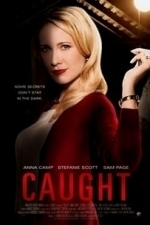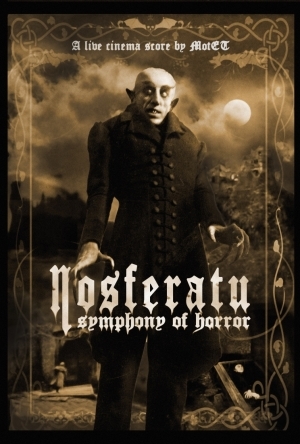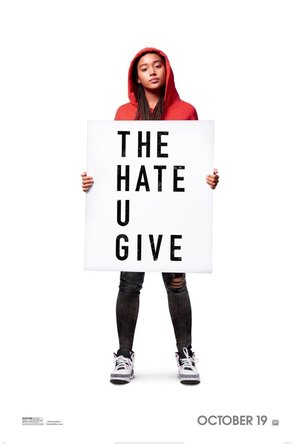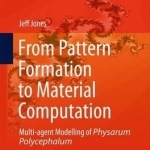
From Pattern Formation to Material Computation: Multi-Agent Modelling of Physarum Polycephalum
Book
This book addresses topics of mobile multi-agent systems, pattern formation, biological modelling,...
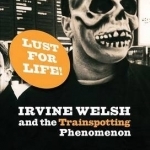
Lust for Life: Irvine Welsh and the Trainspotting Phenomenon
Book
In the early 1980s Irvine Welsh's life was going nowhere fast. His teenage dreams of being a...
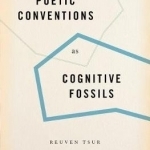
Poetic Conventions as Cognitive Fossils
Book
Poetic Conventions as Cognitive Fossils offers a major theoretical statement of where poetic...
Karina Longworth recommended Caught (2015) in Movies (curated)
Dave Navarro recommended Nosferatu (Eine Symphonie Des Grauens) (1922) in Movies (curated)
Emma @ The Movies (1786 KP) rated The Hate U Give (2018) in Movies
Sep 25, 2019
There are stellar performances from everyone, but I was really pleased to see Amandla Stenberg in this role. It's a strong lead which was a great relief as I wasn't overly enthusiastic after seeing some of her previous roles. Regina Hall really hit home for me too, I'm used to her as a comedic actor so this break from that was surprising and very welcome. She did still get the chance for moments of humour, they're just not as over the top as we might be used to.
This is an adaptation of the young adult book of the same name by Angie Thomas. While the protagonist is indeed a teenage girl the film certainly doesn't limit itself to that audience. Many adaptations before this have made it difficult to see its success past the intended age group but I can see this being popular on so many levels. It's a tough subject handled in an excellent way. This really feels like something special.
If I have to quibble about something it's that the ending feels a little too "and they all lived happily ever after". I don't know if that's how it ends in the book or not, I'm going to find out. It's still a good ending though, regardless.
What should you do?
See it. No haggling about ticket prices, it's worth every penny.
Movie thing you wish you could take home
The film doesn't quite fall into the category for this part of my post, but I'd really want Starr's determination and courage.
Lottie disney bookworm (1056 KP) rated Trying to Live Happily Ever After in Books
Oct 8, 2019
I was very intrigued by the concept of Trying to Live Happily Ever After: bringing fairytales into the modern age is right up my street and, on the whole, Clive Lilwall did not disappoint.
With 17 short stories in total I must admit I did not enjoy every tale.
Cinderella, in my opinion, was just as vapid as her stepsisters and it felt like her owning an old model of a mobile phone justified her to get "the prince". Granted, this may have been Lilwall's aim to show how we associate technology with social standing. However, I would have appreciated a stronger role model as opposed to the slightly kinder but still materialistic Cindy we received.
Unfortunately some of the fables were also lost on me but that may be because I am not familiar with the originals.
Nevertheless, some of Lilwall's tales will possibly stay with me forever. Red's granny getting saucy under a wolf skin; Hansel and Gretal getting fat and baked in a whole new way and, of course, the blunt, shameless, no-holds-barred adaptation of The Emperor's New Clothes, starring a certain "president".
The writing is overly simplistic at times but this only highlights the roots of these tales as stories and fables.
The writing does not need to be complex when human actions and consequences are under the spotlight in such a humorous, satirical and thought provoking manner.
These are not the fairy tales you remember, they're not even revolting-rhymes-sort-of-for-kids. Not in the slightest. You have been warned.

MaxiPDF PDF editor & creator
Productivity and Utilities
App
This app is the best one to work with PDF files. It allows you to create, edit, view and annotate...

STATEC - Luxembourg
News
App
Informations statistiques sur le Luxembourg Cette application fournit les informations statistiques...

NAVIGON Mexico
Navigation and Travel
App
With NAVIGON you can turn your iPhone or iPad into a fully functional mobile navigation system....
